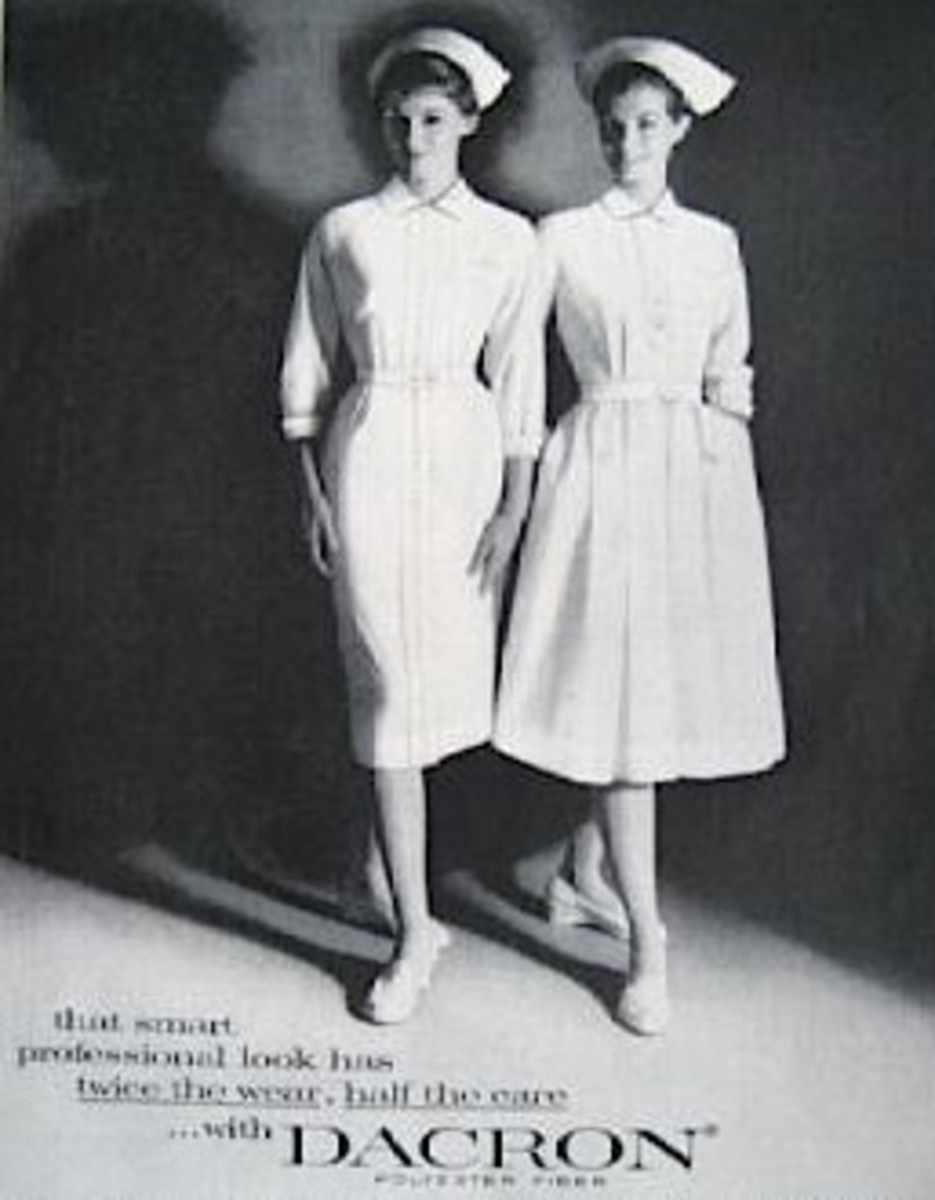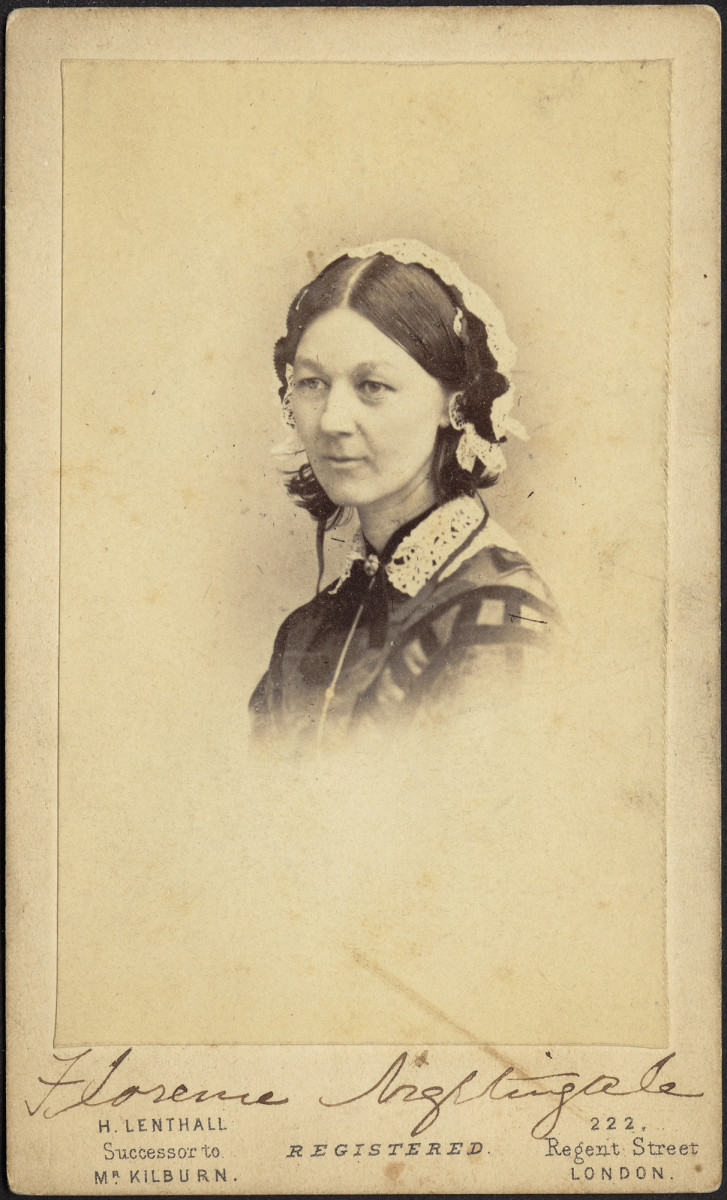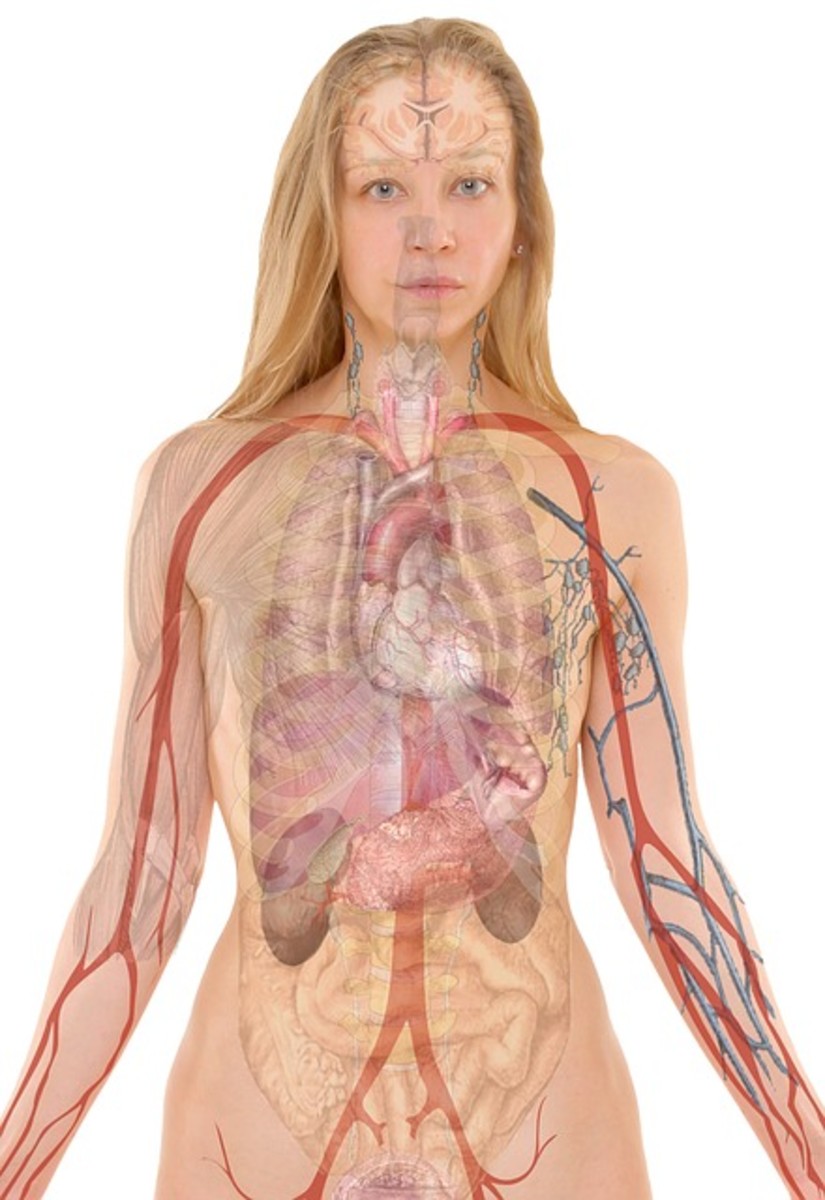A Review of The Self-Care Nursing Model by Dorothea Orem

The self-care model is a nursing theory developed by Dorothea. The theory postulates that, self-care is important in maintaining wholeness, and that the role of Nursing is doing for the patients, helping them in self-care, or educating them on how to care for themselves. The general philosophy of the self-care model is that, clients ought to be able to take care for themselves. This model is aimed at assisting patients to learn on how to care for themselves and emphasize on the role of nurses in this perspective. By undertaking self-care, then there would be likelihood of them recovering faster than if they were being cared for by the nurses in whole. This model can be applied in such settings as primary or basic care, and rehabilitation centers where independence among patients is encouraged. According to the theorist of this model, if self-care is performed in an effective manner, it will assist in a great deal in preserving human functioning and structural integrity.
I find Dorothea’s model of self-care as aligning with my personal philosophy of nursing in assisting the patient on how best to take care of himself or herself during the time of illness. One of the reasons why I refer this theory is that, it can be applied on a variety of patients as well as nursing settings. Further, the theory has general concepts and principals, which could be adapted in different settings. This makes both patients and nurses to coordinate and collaborate in ensuring the best care and that the interventions work faster. Dorothea’s model can be used by nurses in caring for their clients and when they are moved from the hospital to rehabilitation centers or their homes.
Some people may go on to argue that, the role of nurses in the perspective of self-care is limited. Nevertheless, we can all agree that, a person who is capable of taking care of himself or herself may not necessarily need a nurse at some level. As a nurse, I would not be happy with a situation where a patient needs me to attend to him or her in everything even when he is capable of doing so by himself or herself. This will make it hard for me to attend to other patient’s needs as well as other chores. A situation where the patient would need a nurse is when he or she is incapable of self-care. Stated differently, there has to be a deficit between what a client can efficiently do concerning his or her health for a nurse to intervene. The logic in this theory is that, nurses should only come in when it is very necessary. Contrary to other theories which consider nurses as doers of everything in preserving a patient’s health, and where these patients have no or minimal role in this perspective, Dorothea’s theory consider nursing as a noble discipline and profession that is supposed to be rewarding. The self-care deficit model considers roles and capabilities of both the patient and nurse in promoting and restoring a patient’s health and physical wholeness. In this way, the nurse’s workloads are lessened and they are only required to undertake essential work according to their profession.








